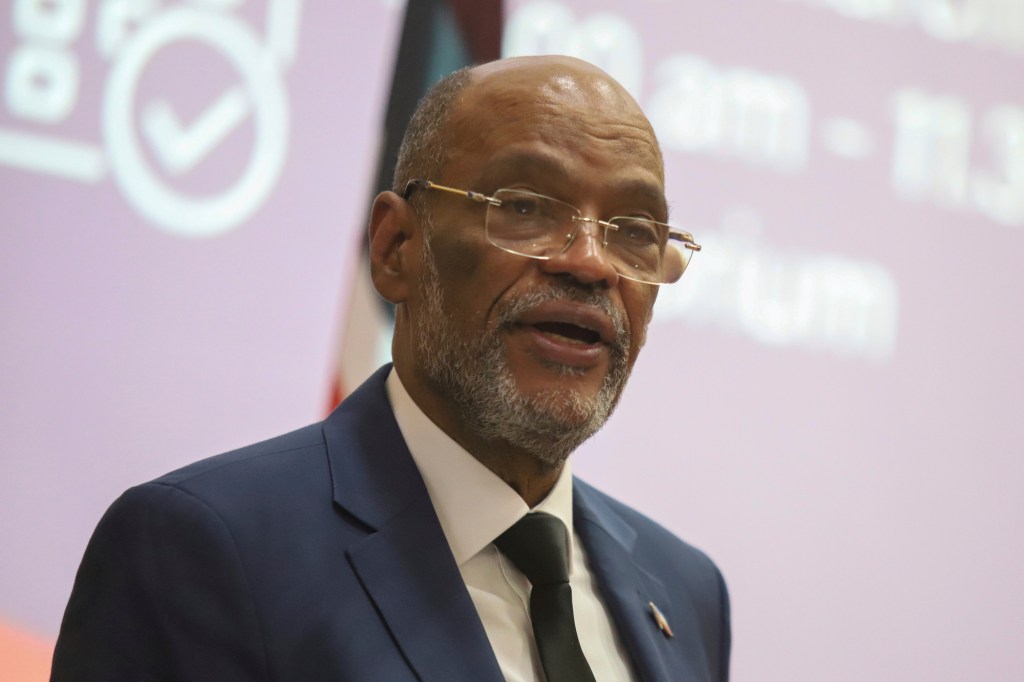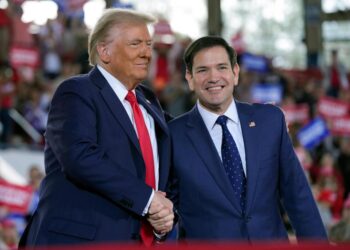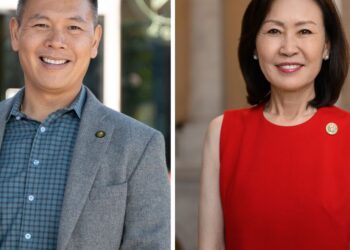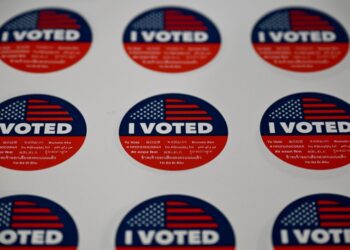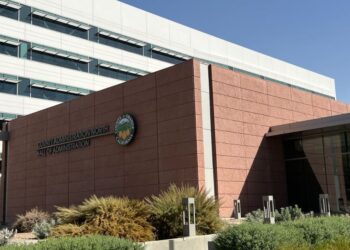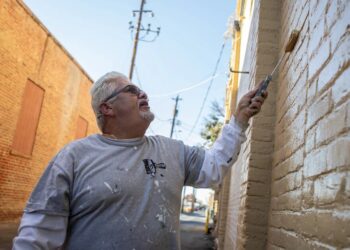By Dania Coto | Associated Press
PORT-AU-PRINCE, Haiti — Politicians across Haiti are scrambling for power after Prime Minister Ariel Henry announced Tuesday that he would resign once a transitional presidential council is created.
But elbowing their way into the race are powerful gangs that control 80% of Haiti’s capital and demand a say in the future of the troubled country under siege.
No one mentioned the armed groups as Caribbean leaders congratulated themselves late Monday for setting Haiti on a new political path, and experts warned that nothing will change unless gangs become part of the conversation.
“Gangs have become stronger, and they have the upper hand in terms of security,” said Renata Segura of the International Crisis Group. “This transition is not influencing the day-to-day security of Haiti. We are very concerned.”
Gangs have deep ties to Haiti’s political and economic elite, but they have become more independent, financing their operations with kidnapping ransoms to buy smuggled weapons, including belt-fed machine guns and .50-caliber sniper rifles that allow them to overpower underfunded police.
More than 200 gangs are estimated to operate around Haiti, mostly in Port-au-Prince and surrounding areas. More than 20 of them are based in the capital and rally around two main coalitions: G9 Family and Allies led by Jimmy Chérizier, a former elite police officer known as “Barbecue”; and G-Pep, led by Gabriel Jean-Pierre, who is allied with Johnson André, leader of the 5 Seconds gang and known as “Izo.”
Shortly before Prime Minister Ariel Henry said he would resign and Caribbean officials announced the creation of a transitional council, Chérizier held an impromptu news conference and rejected any solution led and supported by the international community.
“It’s the Haitian people who know what they’re going through. It’s the Haitian people who are going to take destiny into their own hands. Haitian people…
Read the full article here

